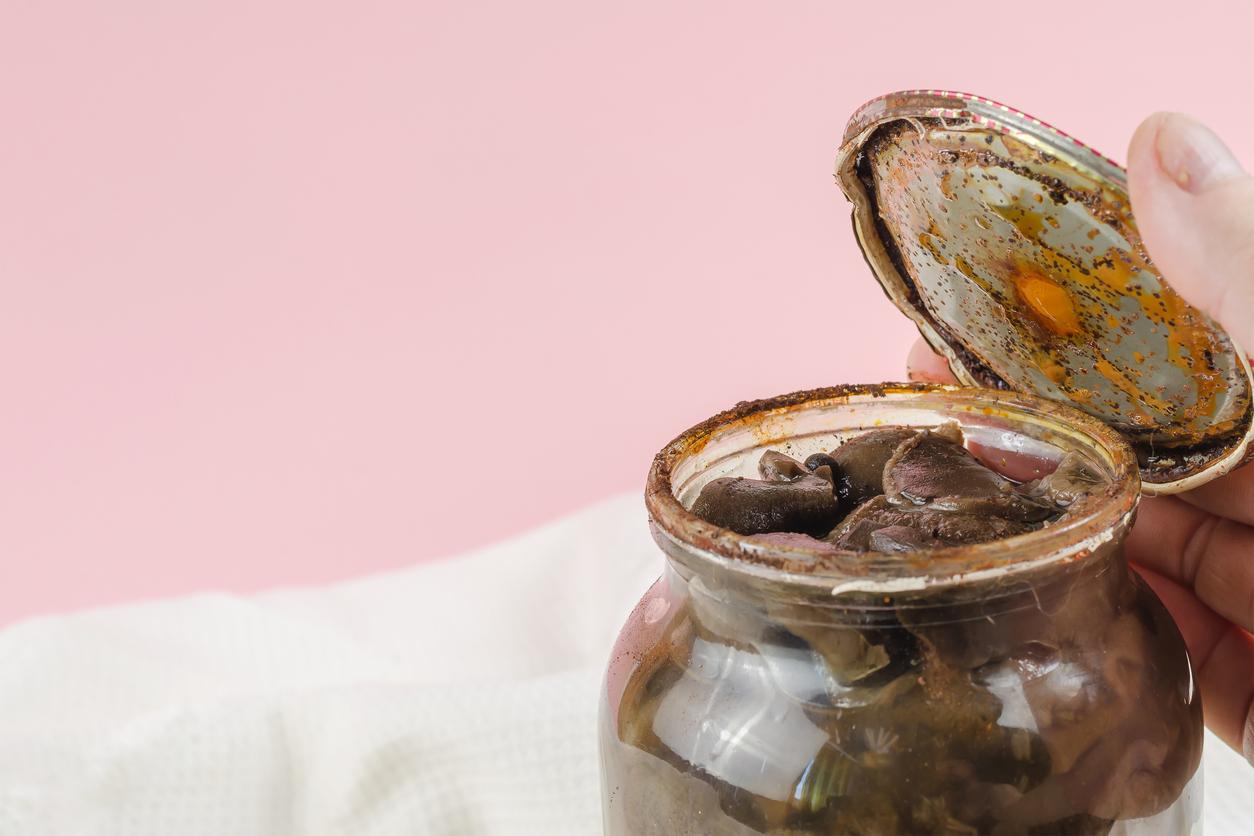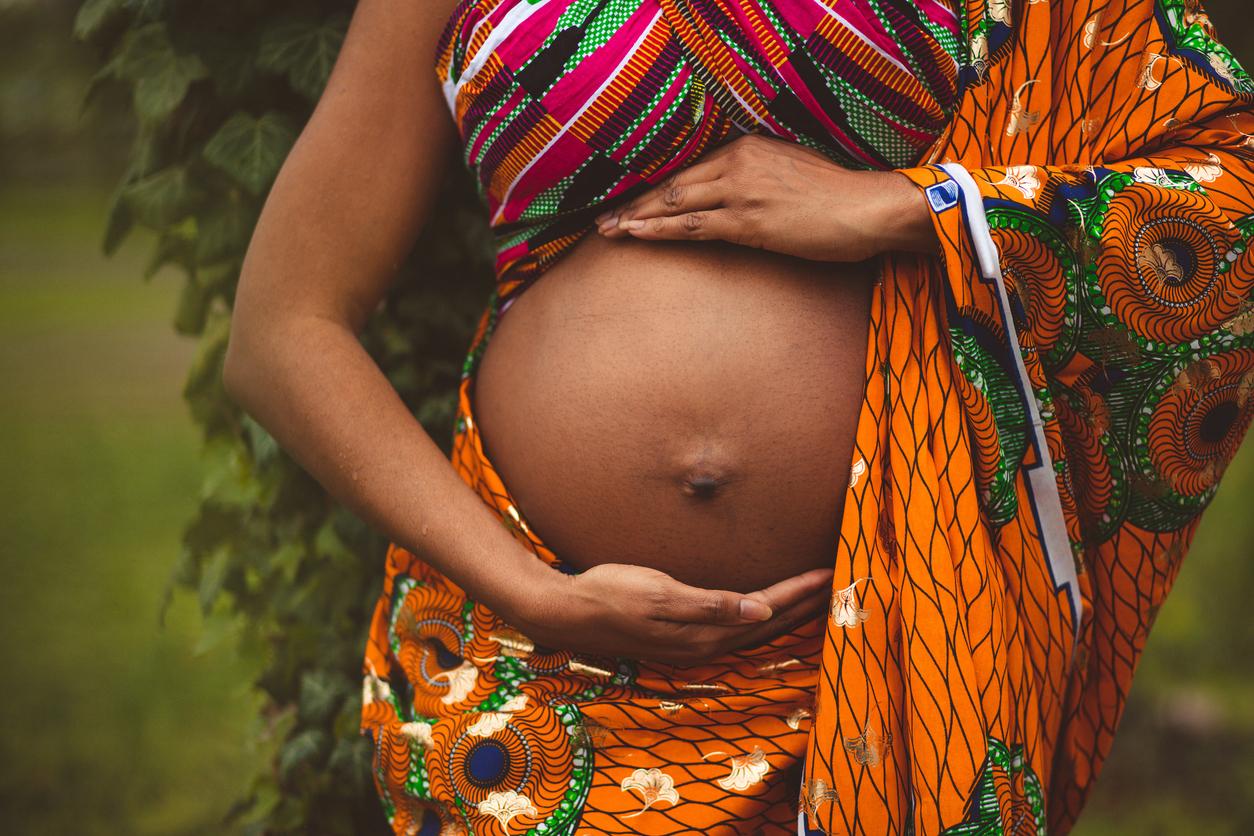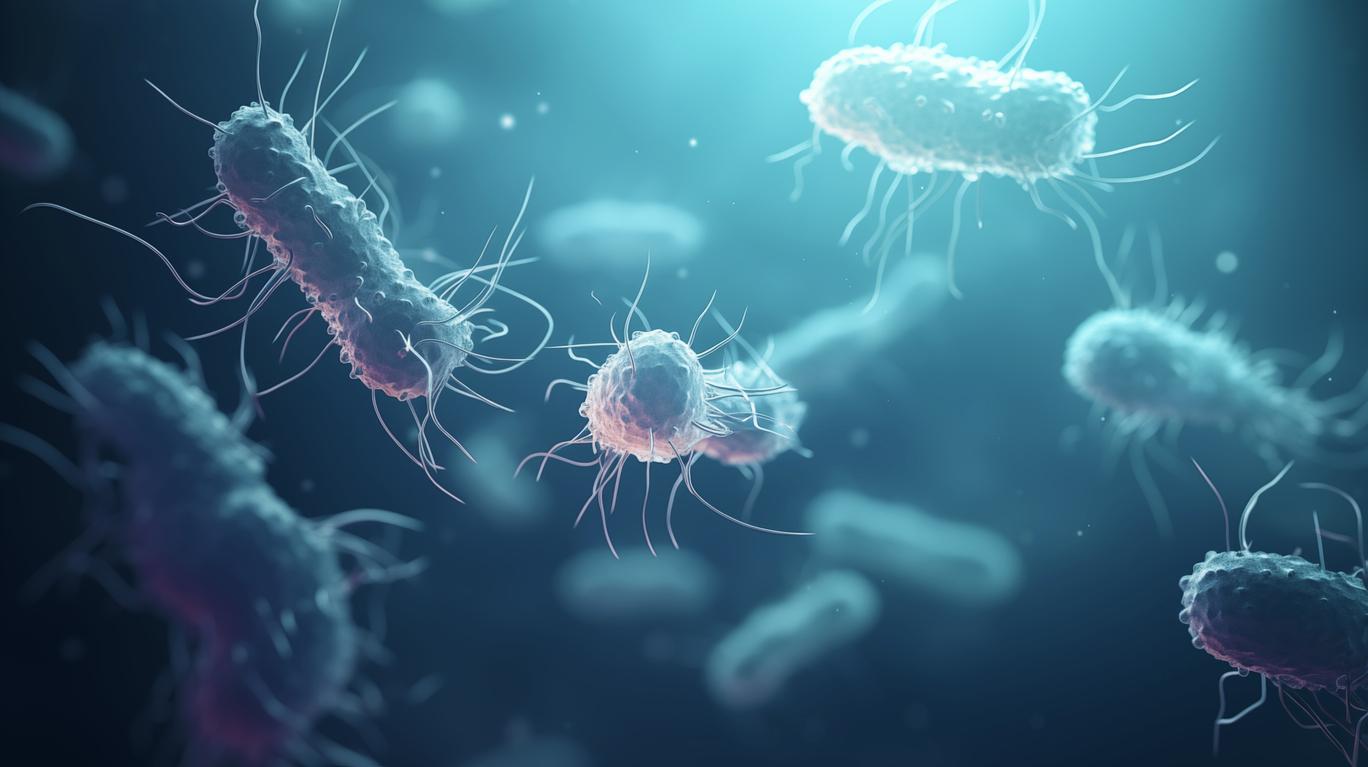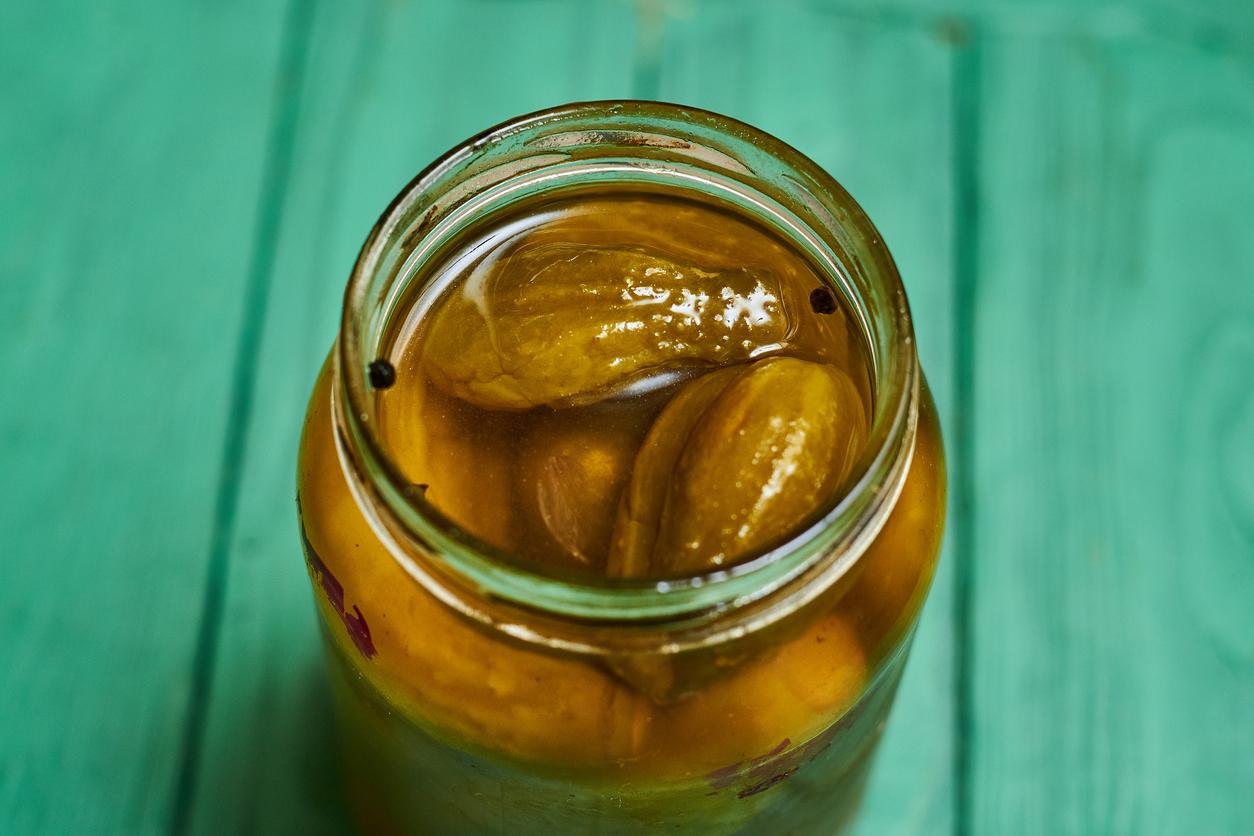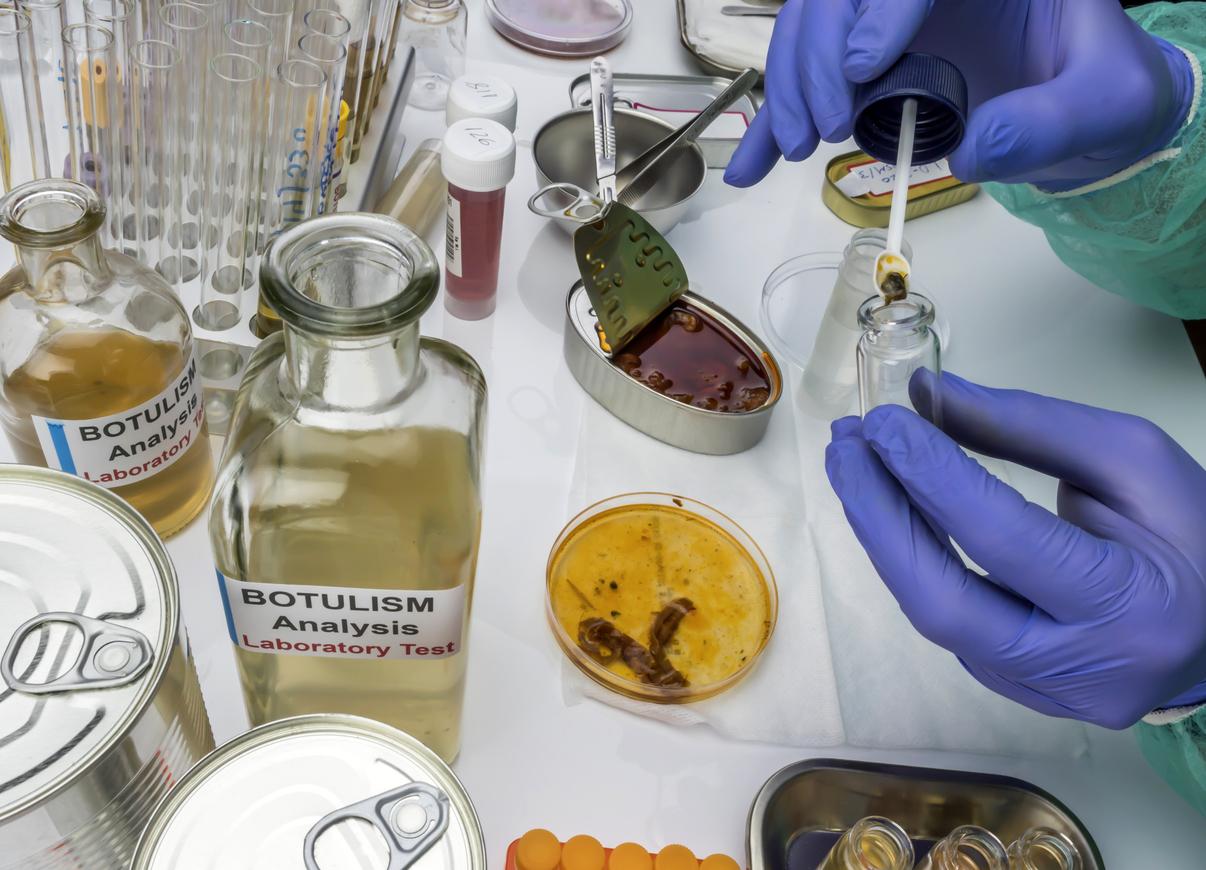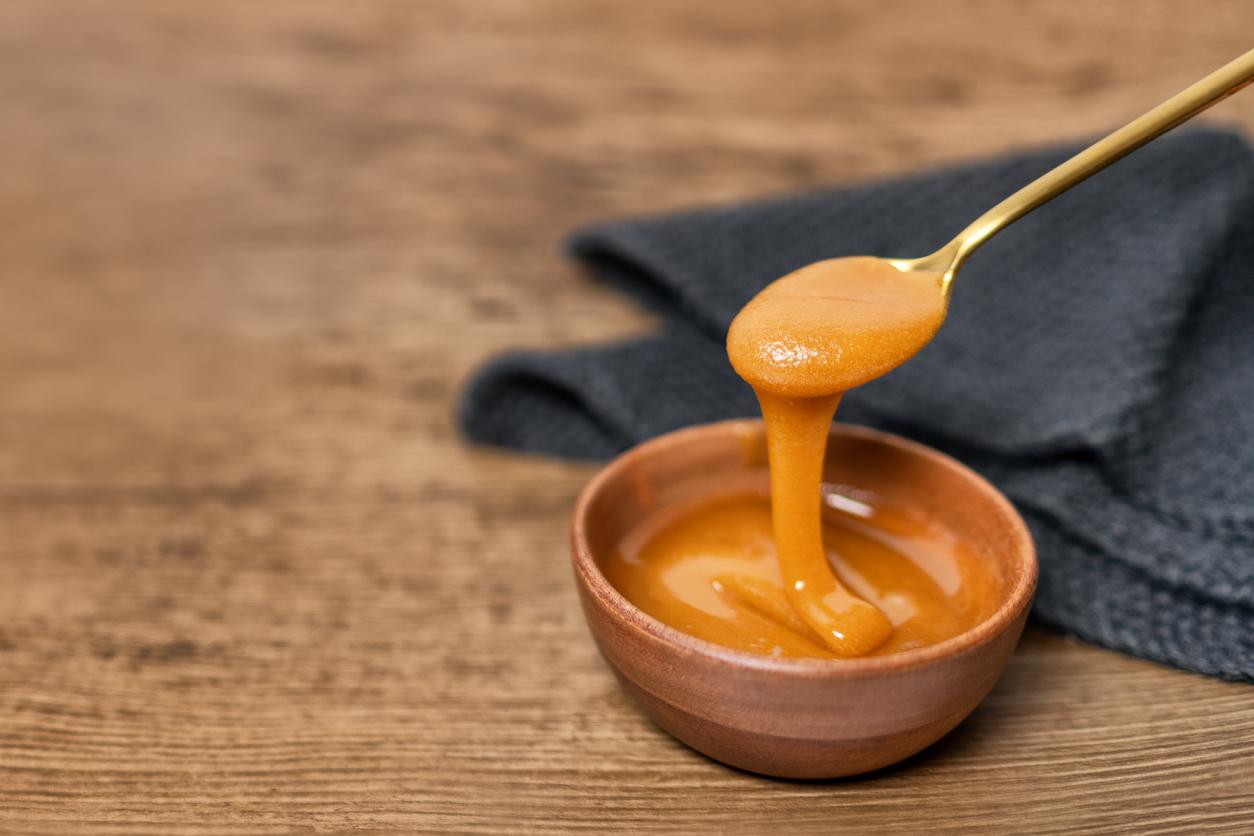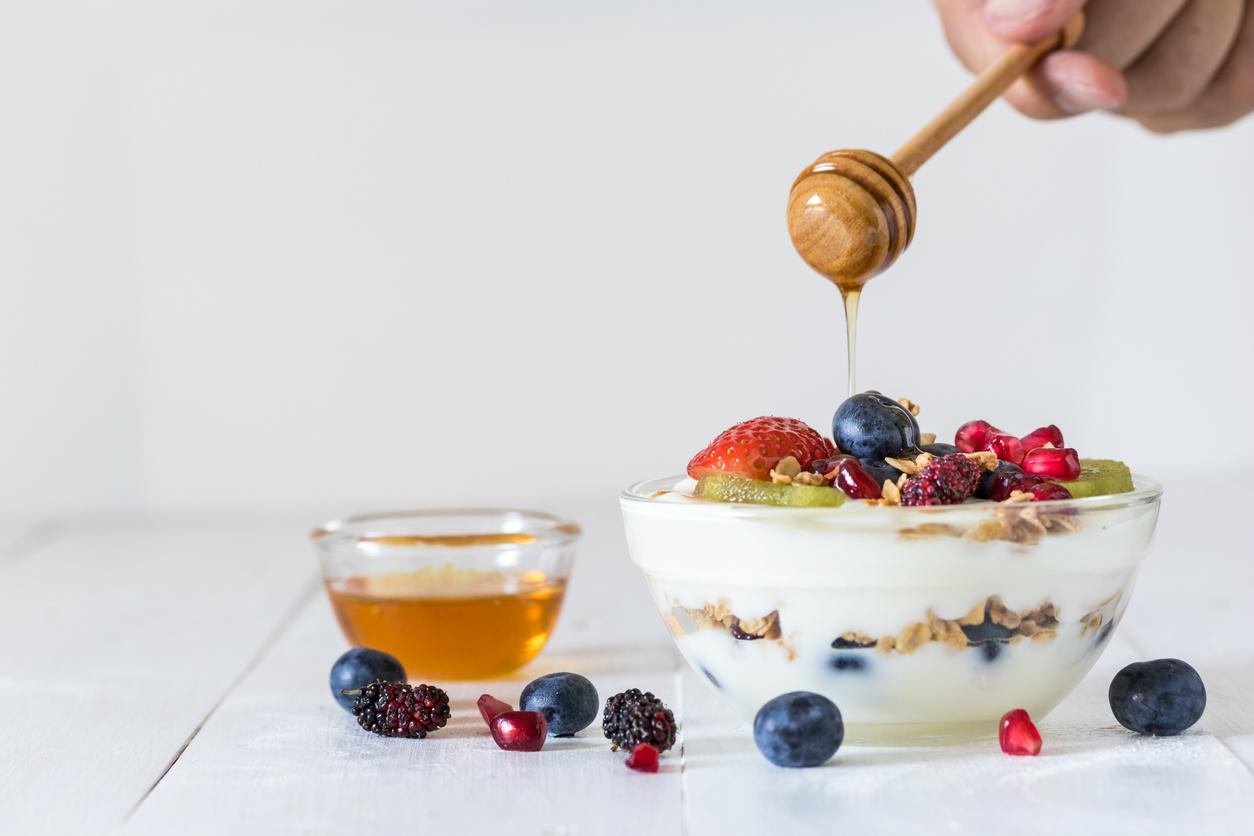Before the age of one, ANSES recommends not giving honey to an infant because they could develop infant botulism, a rare disease affecting the nervous system and potentially fatal.

- Infant botulism is a rare disease caused by spores of the bacteria Clostridium botulinum, which can be found in dust, soil, and also honey.
- Affecting the nervous system, it occurs in children aged less than one year. One of the first symptoms is constipation. Then come general weakness and respiratory problems which can lead to hospitalization.
- To avoid the risk of infection, any type of honey, whether raw or cooked, should not be given to babies under one year old.
It is believed to have health benefits in particular because it has anti-inflammatory power for the larynx and pharynx, and because it accelerates the healing of wounds and burns, and yet honey can also be responsible for a very serious illness in infants: infant botulism.
Infant botulism: a potentially fatal infection
Infant botulism is a rare disease that occurs in children younger than one year old. “Affecting the nervous system, this disease is caused by spores of a bacteria (Clostridium botulinum) contained in dust, in certain soils, but also in honey, which remains the only identified source of dietary exposure to this bacteria, in the current state of knowledge”, details the National Agency for Food, Environmental and Occupational Health Safety (ANSES).
One of the first symptoms is constipation. “Other symptoms describe a state of general weakness: weak sucking reflex, irritability, lack of facial expression, and loss of control of head movements. Paralysis of the diaphragm can, however, lead to respiratory problems, requiring urgent medical treatment.”In most cases, infant botulism requires very long hospitalization under respiratory assistance, making it possible to reduce fatal cases.
Honey: an immune system that is too weak under the age of one year
If children under one year of age are particularly sensitive to this bacteria, it is because their immune system is not yet completely ready to defend itself against microbes. “If he consumes honey contaminated with C. botulinum spores, they can develop in the intestine and produce a toxin responsible for the disease.” Once the age of one year has passed, its body is capable of destroying the spores, eliminating any risk of infection.
Diet: avoid raw or processed honey
“I generally recommend avoiding all honey, whether processed or raw, for babies, even as an ingredient in baked and processed foods, advises Dr. Churbock from the Cleveland Clinic. Because Clostridium botulinum spores are relatively heat resistant.”If before a year, baby still consumes a lot of breast milk or formula, dietary diversification begins at four months, gradually making him exposed to the risk of ingesting honey. You should therefore not offer him any food for which you do not know the exact recipe, especially when it comes to pastries.









